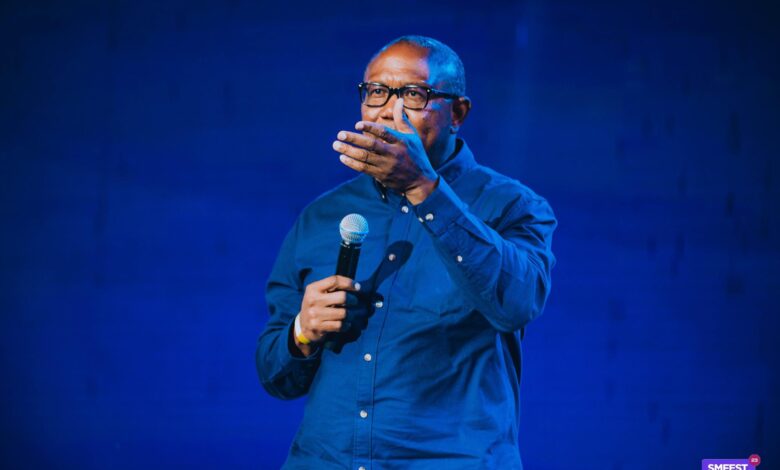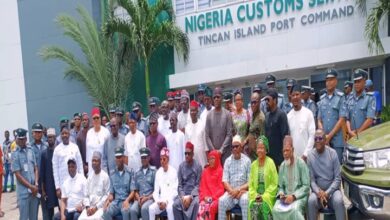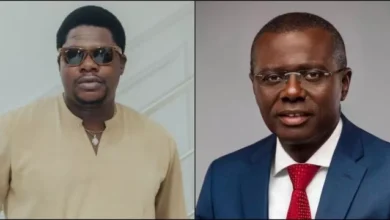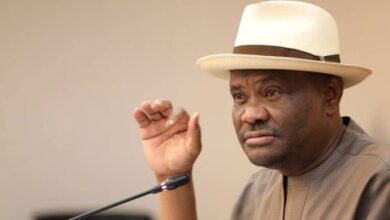Nigeria’s Insecurity is Self-inflicted by Bad Leadership, Says Peter Obi

Peter Obi, presidential candidate of the Labour Party in the 2023 elections, has declared that the insecurity plaguing Nigeria is the direct result of decades of failed leadership, corruption, and policy neglect.
In a statement posted via his official Facebook page on Tuesday, Obi said poverty and insecurity are inseparable, warning that no amount of force can resolve the crisis without tackling its root causes.
He wrote: “I have consistently maintained that the more we pull people out of poverty, the more we reduce criminality — and the reverse is also true.
“You cannot separate security from human development; they are inextricably linked.”
He described the growing wave of criminality in Nigeria as “not a coincidence or an accident” but the “cumulative outcome of decades of misplaced priorities, poor governance, mismanagement of public resources, monumental corruption, and systemic neglect”.
Obi said true development is not about awarding billion-naira contracts for white elephant projects or erecting empty structures, but about meaningful investment in human capital.
“Real development means investing in the critical areas of human development that directly impact human capital: education, healthcare, and poverty eradication,” he said.
He warned that a country with nearly 100 million people in extreme poverty and over 140 million facing multidimensional poverty is bound to face a serious security crisis.
Citing General Christopher Musa, Chief of Defence Staff, Obi agreed that insecurity cannot be defeated through force alone.
The former Anambra state governor said: “The problem with Nigeria is that we abandon the masses and then criminalise their hunger.”
He added that a child out of school today becomes vulnerable to manipulation and extremism tomorrow, and a hungry family becomes a breeding ground for resentment.
Obi also quoted Mother Teresa: “When a poor person dies of hunger, it has not happened because God did not take care of him or her. It has happened because neither you nor I wanted to give that person what he or she needed.”
He said it is time to disrupt the cycle of reactive policies and focus on proactive, people-centred investment.
His words: “We must prioritize productive investment in critical sectors — education, health, and agriculture. These are not just economic priorities; they are national security imperatives.
“We cannot continue with business as usual. Every naira we invest in people today is one less bullet we need to fire tomorrow.
“That is the real meaning of security. That is how we build a new Nigeria that is possible.”





